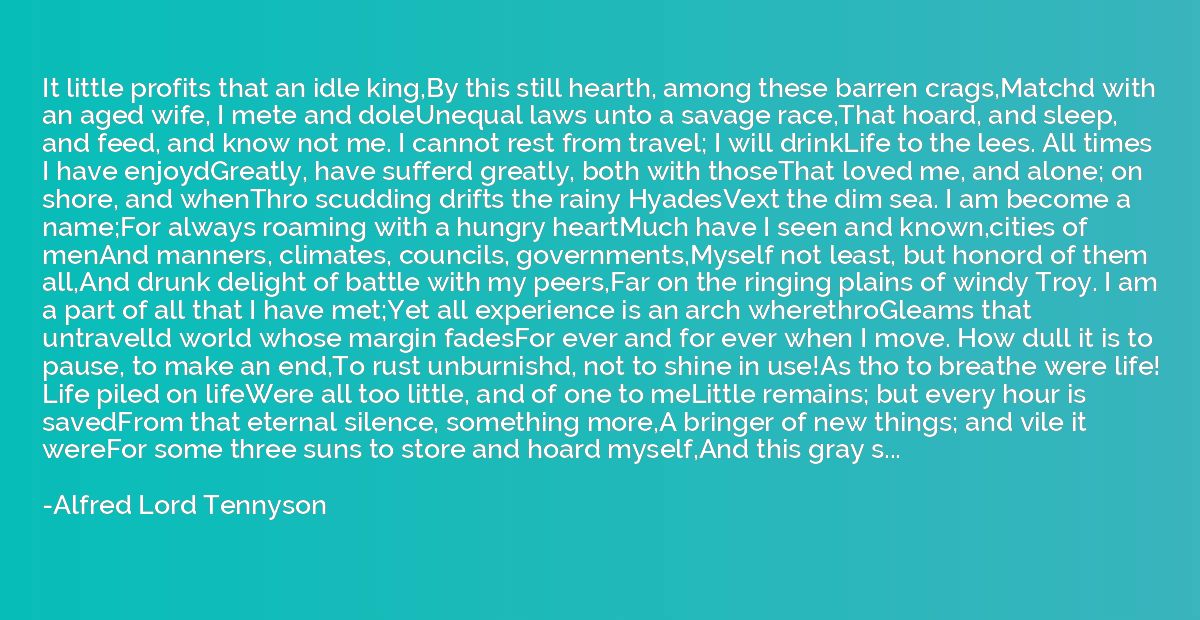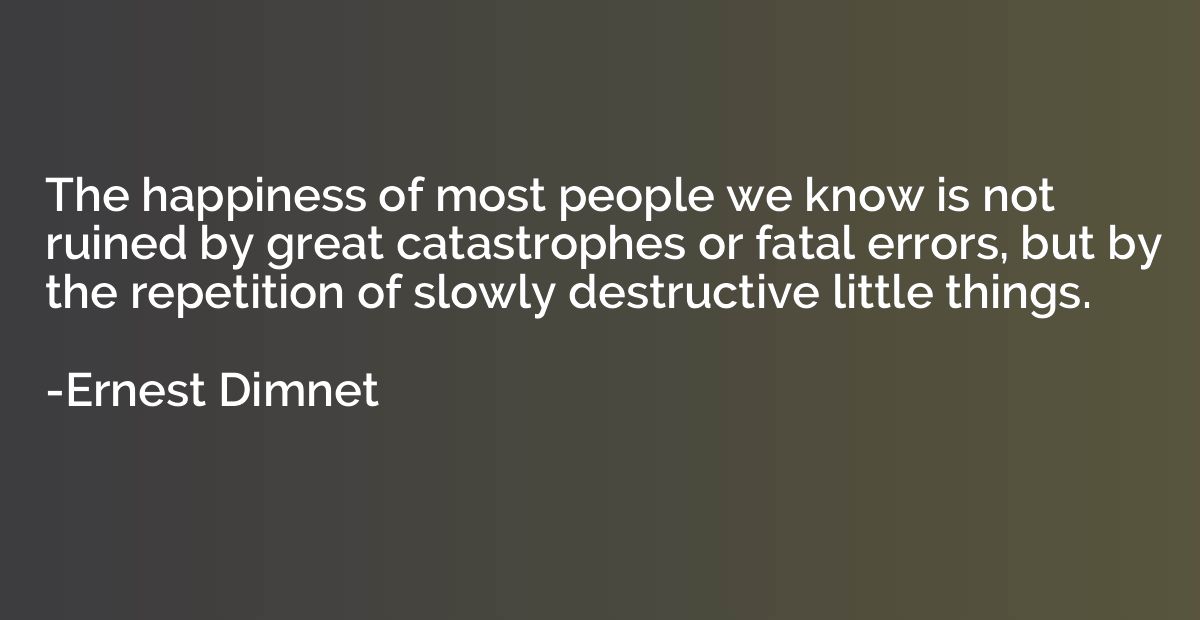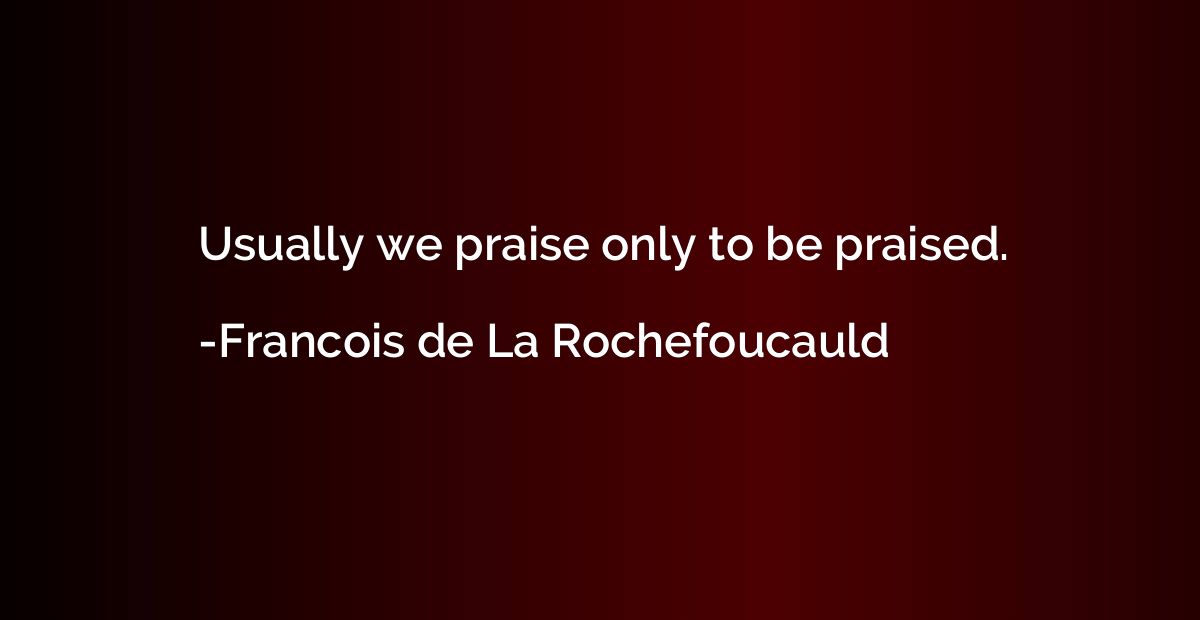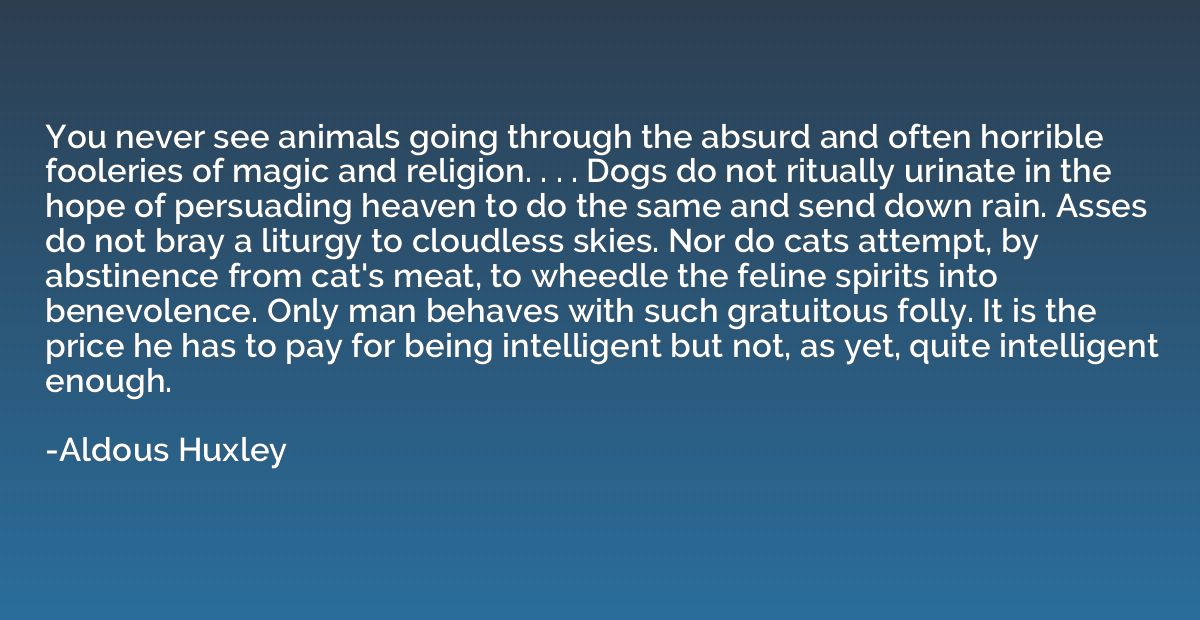Quote by John Kenneth Galbraith
The contented and economically comfortable have a very discriminating view of government. Nobody is ever indignant about bailing out failed banks and failed savings and loans associations. But when taxes must be paid for the lower middle class and poor, the government assumes an aspect of wickedness.
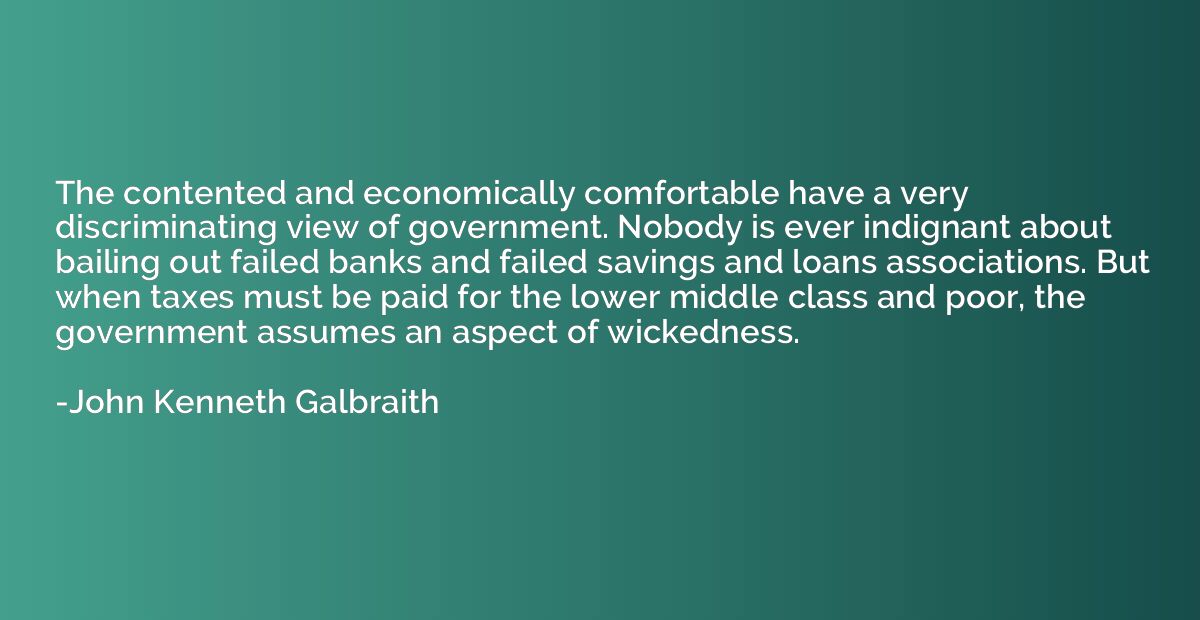
Summary
This quote highlights the inherent biases and class divide in society's perception of government actions. It suggests that those who are financially stable and content tend to overlook or even support government interventions to rescue failed banks and financial institutions. However, these same individuals often resent having to contribute through taxes to help the lower middle class and poor, viewing such government actions as morally wrong or unjust. The quote sheds light on the unequal treatment and resentment expressed towards different socioeconomic groups when it comes to government involvement and financial assistance.




